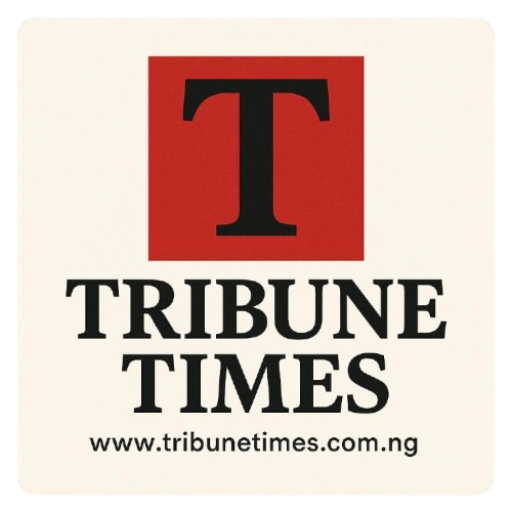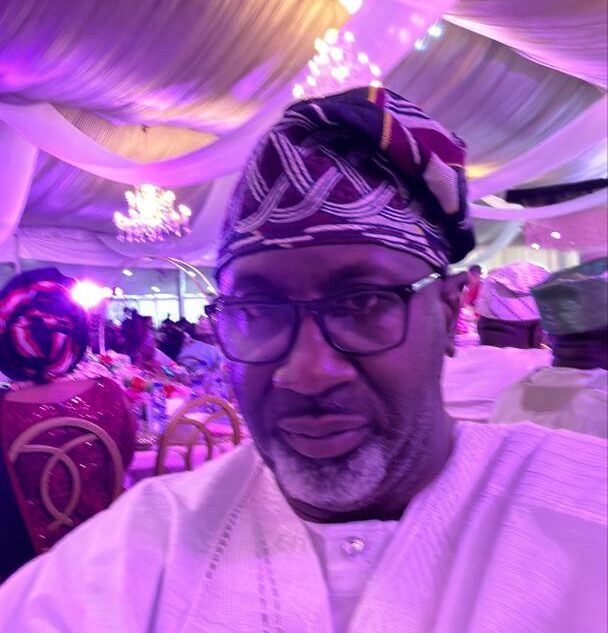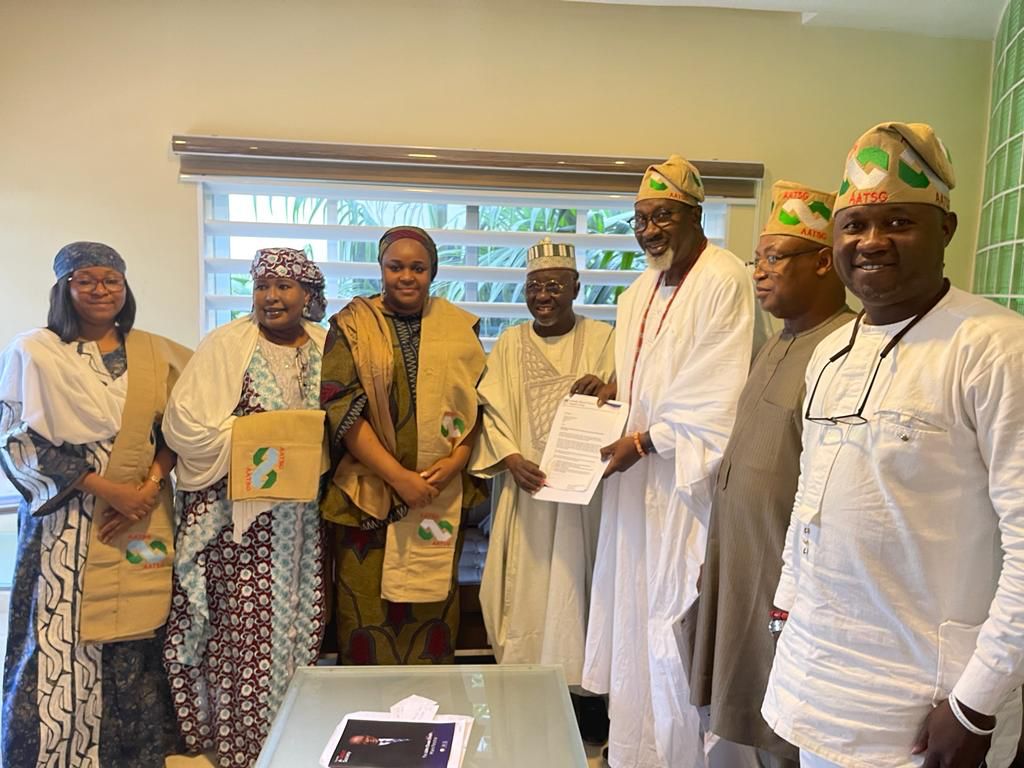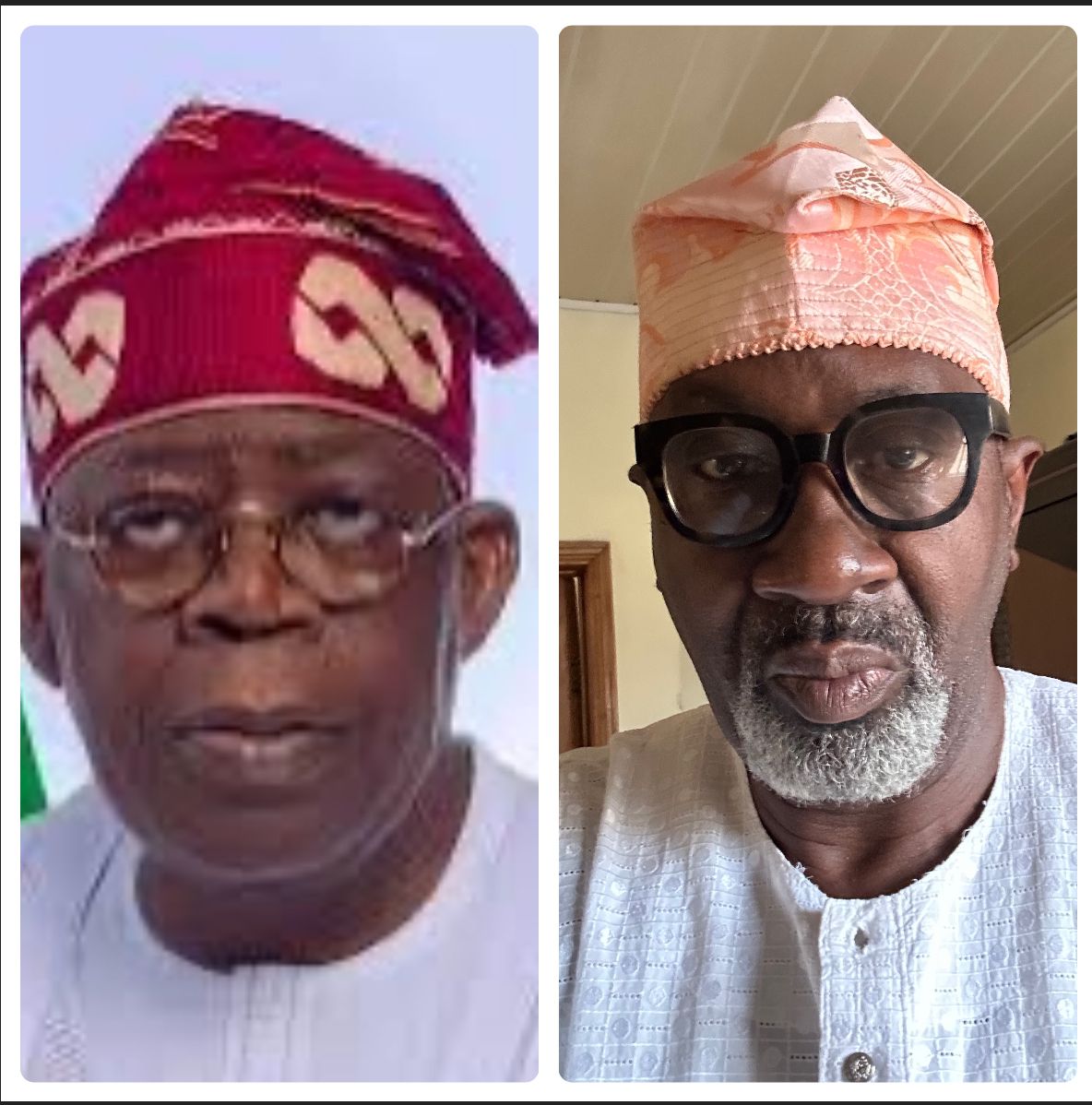Score Card of Ogun East Senator Otunba Gbenga Daniel – Abayomi Odunowo.
Since being elected as Senator of the Federal Republic of Nigeria to represent the people of Ogun East Senatorial District, Otunba Gbenga Daniel has been a diligent and dedicated public servant, committed to ensuring the welfare and development of his constituents.
As the Chairman of the Senate Committee on the Navy, Otunba Gbenga Daniel has played a crucial role in advocating for the modernization and strengthening of the Nigerian Navy to enhance national security and protect the country’s maritime interests. His leadership has helped to drive legislative efforts aimed at improving the operational capacity and welfare of the naval personnel, as well as ensuring the effective utilization of resources for the benefit of the nation.
In addition, as the Vice Chairman of the National Identity Management and Population Committee, Otunba Gbenga Daniel has been at the forefront of promoting policies and initiatives aimed at enhancing the efficiency and effectiveness of identity management systems in Nigeria. His work in this capacity has contributed to the development and implementation of strategies to ensure the accurate and reliable documentation of the Nigerian population, which is crucial for national planning and development.
Overall, Otunba Gbenga Daniel has proven himself to be a dedicated and effective Senator, committed to serving the best interests of his constituents and the nation as a whole. His contributions to the Senate Committees on the Navy and National Identity Management and Population are a testament to his commitment to public service and his vision for a better Nigeria.
In an effort to further empower petty traders in the Senatorial District, a Zero Interest Micro Credit revolving loan scheme has been floated. This scheme aims to provide financial assistance to small-scale traders, allowing them to expand their businesses and contribute to the local economy. By offering zero interest loans and implementing a revolving fund system, the scheme seeks to alleviate the financial burden and barriers that typically hinder the growth of petty traders. This initiative is part of a larger effort to promote economic development and financial inclusion within the Senatorial District.
In addition to the micro credit scheme, a sponsored Free Eye Care program has been organized, benefiting thousands of people in the Senatorial District. Access to quality healthcare services, including eye care, is essential for the overall well-being of individuals within the community. By providing free eye care services, the initiative aims to improve the health and quality of life for the residents of the Senatorial District.
Furthermore, a Rice Value Chain Training program has been facilitated for rice farmers in Remo. This program seeks to enhance the skills and knowledge of local rice farmers, enabling them to improve their agricultural practices and increase their productivity. By supporting the rice value chain, the initiative aims to enhance food security and boost the agricultural sector within the Senatorial District.
The implementation of these initiatives reflects a commitment to empowering and uplifting the residents of the Senatorial District. Through these efforts, it is hoped that petty traders and farmers will have the necessary resources and support to thrive and contribute to the growth and development of the local economy.
The facilitation of the distribution of fertilisers to farmers in the district has been a significant and impactful endeavor. By ensuring that farmers have access to high-quality fertilisers, we are helping to improve agricultural productivity and ultimately contribute to food security in the region. The distribution process was carefully planned and executed, taking into account the specific needs of each farmer and their crops. Through efficient distribution channels and close collaboration with local agricultural authorities, we were able to reach a large number of farmers and provide them with the essential fertilisers they needed.
Furthermore, the facilitation of the renovation of a block of four classrooms with an office at Omu-Ajose Comprehensive High School in Omu Ijebu, Ogun State, has been a commendable achievement. The completed and delivered classrooms and office will create a conducive learning environment for students and improve the overall education infrastructure in the area. This project demonstrates our commitment to investing in the future of our youth and providing them with the resources they need to succeed.
Additionally, the construction of perimeter fencing of Otunba Gbenga Daniel Nursery and Basic School, which has been completed and gated, is a testament to our dedication to providing a safe and secure learning environment for young students. The fencing will help protect the school premises and ensure that students can learn and play in a secure environment.
Overall, these initiatives reflect our commitment to supporting the agricultural sector, improving education infrastructure, and creating a better future for the people in our district. We are grateful for the support and collaboration of all stakeholders involved in these projects and look forward to continuing our efforts to make a positive impact in the community.
The sinking of boreholes in Ijebu Ode and Ago Iwoye has been facilitated by the concerted efforts of the government and local authorities to improve access to clean and potable water in these communities. This initiative has been vital in addressing the water scarcity issues that have long plagued the residents in these areas.
The successful sinking of boreholes in Ijebu Ode and Ago Iwoye can be attributed to the collaboration between the government, non-governmental organizations, and the local community. The provision of clean and reliable water sources has not only improved the health and living conditions of the residents but has also contributed to the overall development of the communities.
Furthermore, the facilitation of employments for over 2,000 Ogun East Senatorial youth into the Federal Civil Service has played a significant role in the success of this project. These youth have been instrumental in the construction, maintenance, and monitoring of the boreholes, ensuring that they continue to serve the communities effectively.
Through the facilitation of employment opportunities and the collaborative efforts of various stakeholders, the sinking of boreholes in Ijebu Ode and Ago Iwoye has undoubtedly been a success. This initiative has not only addressed the water scarcity issues but has also provided sustainable solutions for the communities, ultimately improving the quality of life for its residents.
Bills are a crucial part of the legislative process, as they represent proposed laws that have the potential to impact various sectors of society. One such bill currently making its way through the legislative process is the South West Development Commission Bill. Having passed the First Reading Stage, this bill is now awaiting gazetting in the National Assembly Journal before moving on to the 2nd Reading. Once it reaches the 2nd Reading Stage, Members of Parliament will have the opportunity to debate and discuss the bill further before taking a vote on its advancement.
Another significant bill in the legislative pipeline is the Federal College of Aviation Technology, Ilara Remo Bill, which recently underwent its 2nd Reading on Wednesday, 15th November 2023. This bill, if passed, has the potential to impact the aviation industry and the education sector, affecting the training and development of future aviation professionals.
In addition, the National Economic Coordinating and Intelligence Committee Bill has been submitted for the 1st Reading. This bill aims to establish a committee dedicated to coordinating and providing intelligence on economic matters, with the potential to greatly impact economic policy and decision-making.
Overall, the legislative process surrounding these bills represents a critical aspect of the democratic system, allowing for thorough discussion and consideration of proposed laws before their potential enactment.
The Hospices Establishment Bill, which was recently submitted for its first reading, is a significant step towards improving end-of-life care in our country. The bill aims to provide a legal framework for the establishment and regulation of hospices, which are specialized facilities that provide comprehensive care for individuals with terminal illnesses.
Hospices play a crucial role in ensuring that individuals with terminal illnesses receive the physical, emotional, and spiritual support they need during their final days. By setting clear guidelines for the establishment and operation of hospices, this bill seeks to ensure that these facilities meet the highest standards of care and professionalism. This will not only benefit patients and their families, but also help to elevate the standard of end-of-life care in our nation.
Additionally, the Terminal Illness Trust Fund Bill (SB 223) also points towards a commitment to improving end-of-life care. This bill, which is in its early stages, seeks to establish a fund dedicated to supporting individuals with terminal illnesses and their families. By providing financial assistance and resources, this fund will help to alleviate the burden of medical expenses and ensure that individuals with terminal illnesses have access to quality care.
These legislative efforts demonstrate a growing recognition of the importance of end-of-life care in our society. It is crucial that we continue to support and advocate for measures that prioritize the well-being of individuals facing terminal illnesses, and these bills represent important steps in that direction.
The draft National Academy of Science Bill is a proposed legislation aimed at establishing a national academy of science in our country. The bill seeks to create an institution that is responsible for promoting and enhancing scientific research, education, and the overall advancement of science in the nation.
This proposed academy of science will serve as a premier institution for facilitating the development of scientific knowledge and innovation. It will provide leadership, guidance, and resources to support scientific research and education across various disciplines. Additionally, the academy will play a crucial role in advising the government on matters related to science and technology, thus contributing to evidence-based decision-making and policy formulation.
The draft National Academy of Science Bill also outlines the governance structure and funding mechanism for the establishment and operation of the academy. It emphasizes the importance of promoting diversity and inclusivity in the scientific community and fostering collaboration among researchers from different backgrounds and disciplines.
Overall, the proposed legislation is a significant step towards strengthening the scientific capabilities of our country and fostering a culture of excellence in research and education. It sets the stage for creating a national institution that will be instrumental in driving progress and innovation in science and technology for the benefit of society as a whole.
The Draft Medical Physics Regulatory Council of Nigeria Bill and the Draft Media Practitioners Registration Council of Nigeria (MPRCN) Bill are two proposed pieces of legislation that aim to bring about important regulatory changes in the fields of medical physics and media practice in Nigeria.
The Draft Medical Physics Regulatory Council of Nigeria Bill seeks to establish a regulatory body for medical physics professionals in the country. This bill aims to ensure that those working in the field of medical physics adhere to strict professional and ethical standards, thereby ensuring the safety and well-being of patients receiving medical treatment involving radiation or imaging.
Meanwhile, the Draft Media Practitioners Registration Council of Nigeria (MPRCN) Bill aims to set up a regulatory council for media practitioners in Nigeria. This bill is aimed at ensuring that media professionals adhere to ethical standards and codes of conduct in their work, thereby upholding the integrity and professionalism of the media industry in Nigeria.
Both bills represent significant steps towards enhancing the quality and standards of practice in these respective fields. They also serve to underscore the importance of regulatory oversight in ensuring the safety, professionalism, and ethical conduct of practitioners in these industries.
The Draft Medical Physics Regulatory Council of Nigeria Bill and the Draft Media Practitioners Registration Council of Nigeria (MPRCN) Bill hold great promise in advancing the respective fields of medical physics and media practice in Nigeria. If passed into law, these bills have the potential to greatly enhance the quality and standards of practice in these industries, ultimately benefiting the well-being and safety of the Nigerian populace.
The urgent need to intervene in the flooding issues in Sagamu, Ijebu areas of Ogun East Senatorial District, Ogun State, and Edu and Patigi areas of Kwara North Senatorial District, Kwara State, as well as other parts of the country, cannot be overstated. The devastating effects of flooding in these areas have become a recurring nightmare for the residents, leading to loss of lives, destruction of property, and displacement of communities.
The increase in flooding incidents has been attributed to a combination of factors, including poor urban planning, environmental degradation, and inadequate drainage systems. The impacts of climate change are exacerbating the situation, leading to more frequent and severe floods. Immediate action is required to address these issues and prevent further devastation.
Interventions such as the construction of effective drainage systems, proper waste management, and sustainable land use practices are essential to mitigate the impact of flooding in these areas. Additionally, there is a need for effective early warning systems, emergency response plans, and community resilience building to minimize the impact of flooding on vulnerable communities.
It is imperative for the government at all levels to prioritize the development and implementation of sustainable solutions to address the flooding challenges in these areas. The protection of lives and property should be a top priority, and collective efforts are needed to safeguard the affected communities from the devastating effects of flooding.
Otunba Abdulfalil Abayomi Odunowo
National Chairman AATSG
17th February, 2024.
Do you have any information or event for TribuneTimes to publish or cover? Kindly Call us on +2349053535322 or send us message on Whatsapp number +2349053535322 or send us an email here





